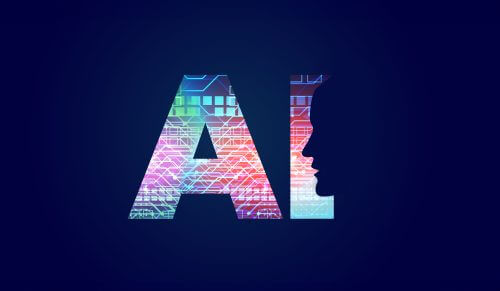As artificial intelligence (AI) continues to advance and permeate various aspects of our lives, the ethical implications surrounding its development and deployment have become increasingly critical. Ensuring moral AI development and deployment involves:
- Addressing bias and fairness issues in AI algorithms
- Promoting transparency and accountability in AI systems
- Navigating the delicate balance between data utilization and user privacy rights
Moreover, the ethical implications of AI extend to establishing guidelines and regulations that govern the responsible use of AI-generated personal data, safeguarding user privacy, and promoting ethical data practices in an AI-driven world.
Ensuring Ethical AI Development and Deployment
Ethical AI development and deployment require a comprehensive approach integrating ethical considerations and principles throughout the entire AI lifecycle. From the design and development phase to the deployment and implementation stage, moral AI development prioritizes incorporating ethical frameworks and guidelines that promote fairness, transparency, and accountability in AI systems. Organizations and developers can ensure that AI technologies align with ethical standards and principles, promoting trust and confidence in AI-driven solutions and applications by fostering a culture of ethical awareness and responsibility.
Addressing Bias and Fairness in AI Algorithms and Decision-Making
The prevalence of bias in AI algorithms and decision-making processes has raised concerns about AI technologies’ potential discriminatory impacts and implications on various societal groups and communities. Addressing discrimination and fairness in AI algorithms involves implementing comprehensive strategies that promote algorithmic transparency, data integrity, and diversity in AI development teams. By identifying and mitigating algorithmic biases, developers and organizations can foster a more inclusive and equitable AI ecosystem that prioritizes fairness and promotes equal opportunities for all individuals, regardless of their backgrounds or demographic profiles.
The Importance of Transparent AI Systems and Accountability
Promoting transparency and accountability in AI systems is essential in building trust and confidence among users and stakeholders. Transparent AI systems enable users to understand how AI technologies operate, make decisions, and process data, fostering a more informed and responsible interaction with AI-driven solutions and applications. Moreover, establishing mechanisms for accountability in AI development and deployment ensures that developers and organizations are held accountable for their AI technologies’ ethical implications and consequences, fostering a culture of ethical awareness, responsibility, and accountability within the AI industry.
Balancing Data Utilization with User Privacy Rights
The rapid advancement of AI technologies has raised significant privacy concerns, particularly regarding collecting, storing, and utilizing user data for AI-driven applications and services. Balancing data utilization with user privacy rights requires robust data protection measures, privacy-enhancing technologies, and comprehensive privacy policies that safeguard user data and promote responsible data practices. By adhering to stringent privacy regulations and guidelines, organizations can build user trust and confidence in AI technologies, fostering a more secure and ethical AI ecosystem that prioritizes user privacy and data security.
Data Protection and Privacy Regulations in an AI-Driven World
Implementing data protection and privacy regulations is essential in establishing a legal framework that governs the responsible use of data in an AI-driven world. Data protection regulations aim to safeguard user data, promote transparency in data processing practices, and ensure compliance with ethical standards and principles in data utilization. By adhering to stringent data protection and privacy regulations, organizations can uphold user privacy rights, mitigate the risk of data breaches and misuse, and foster a more transparent and accountable AI ecosystem that prioritizes data security and ethical data practices.
Establishing Ethical Guidelines for AI-Generated Personal Data
Establishing ethical guidelines for AI-generated personal data protects user privacy and promotes responsible data practices in AI-driven applications and services. Ethical guidelines aim to govern the collection, processing, and utilization of personal data, ensuring that user data is used responsibly, transparently, and honestly, respecting user privacy rights, and promoting data security. By adhering to ethical guidelines for AI-generated personal data, organizations can foster a more trustworthy and honest AI ecosystem that prioritizes user privacy, data integrity, and ethical data practices.
Sum Up
The ethical implications of AI are multifaceted and encompass issues of bias, fairness, transparency, accountability, and privacy. Navigating the challenges of artificial intelligence requires a comprehensive approach that addresses the ethical considerations and principles governing AI development, deployment, and data utilization. By promoting transparency, fairness, and accountability in AI systems and adhering to stringent data protection and privacy regulations, organizations can foster a more ethical and responsible AI ecosystem that prioritizes user trust, data security, and ethical data practices.












